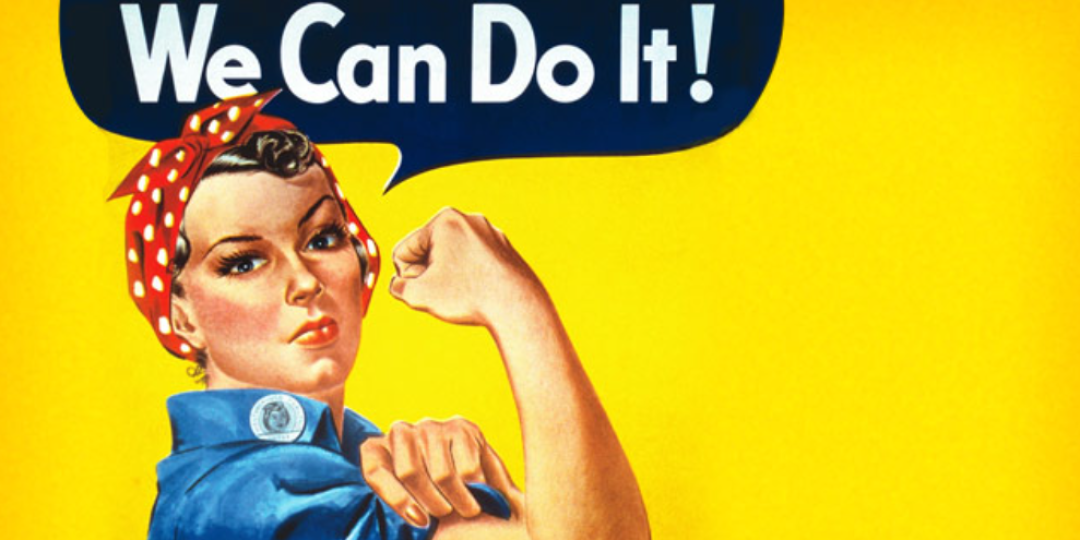An initiative for expanded gender representation in South Africa’s road freight industry is gathering speed, the Commercial Transport Academy (CTA) has said.
To add more momentum to the inroads already made into what used to be a man’s world, the CTA is calling for even more women to be employed in the transport sector.
This comes as its training initiative to change the lives of almost a thousand people appears to be attracting unprecedented support.
The Women Inspiring Women to Lead in Transport (WiWiT) initiative was launched by the CTA and is supported by the US government through the United States Agency for International Development (USAID).
WiWiT focuses on training women to become truck drivers, managers and entrepreneurs in the transport sector.
According to Nicci Scott, CTA founder, less than 1% of the workforce in South Africa’s transport sector are women, making training initiatives such as WiWiT vital for the transformation of the landscape.
As part of the initiative, 27 women from Atlantis, Dunoon and Philadelphia in the Western Cape recently successfully completed the Iron Women project, which focuses on training female truck drivers.
The programme enhances the capacity of professional drivers, ultimately enabling them to contribute to their future employers' fleet safety, profitability, and efficiency.
“The achievement of the women in our various programmes across the country cannot be over-emphasised, considering the tremendous struggles they have endured,” says Scott, adding that long-term change can only be effected through the successful employment of graduates.
Calling for the industry to step up and employ more women, Scott says numerous studies have shown the benefit of employing women in the transport sector.
Statistically speaking, women are responsible drivers.
“They are involved in fewer traffic accidents, use less fuel and brakes, and, therefore, reduce maintenance costs,” says Scott.
CTA pointed out that Atlantis, a small town on the west coast of the Western Cape, initially established by the apartheid government as an industrial base, is an impoverished society with little opportunity for education or employment.
Women traditionally worked in the textile and clothing industry but as the industry shifted offshore, they have been left with few options or, in many cases, no hope.
Many of the women in Atlantis are also not just unemployed and unskilled. They struggle with self-confidence and self-esteem. Many believe they are of no value or worth to society.
“After one meeting with these women, we knew we had to take Iron Women to the Atlantis community,” continues Scott.
Due to the particular challenges experienced by women in Atlantis, the CTA had to adapt its training programme for the group. “Usually, we train women with Code 10 licences to become Code 14 drivers,” she explains.
“In Atlantis, however, many of the women have had no opportunity to learn how to drive and don’t have driver’s licences.”
Of the 27 women, 17 did not have any licences. They had to be trained for Code 8 licences first, before moving on to truck driving skills. Several of the participants were upskilled from Code 8 to Code 10.
The training also focused on building confidence and self-esteem.
“We could not just focus on the skill of truck driving,” explains Scott. “It was imperative that our programme delivered a mindset change to the participants, encouraging them to dream big and believe in themselves!”
Scott says goal-setting and the importance of staying the course, managing personal body weight, healthy diets, as well as medication and exercise were all part of the programme in Atlantis.
“Making a difference in these women’s lives, however, will take more than just training and we need to ensure they are employed as part of the process. A lot of reassurance and encouragement is required to deliver long-term change.”
Scott says sponsors of the programme including USAID, Hollard, Onelogix, Standard Bank, Volvo, the Western Cape government, Container Domestic Services, Ctrack and Afrit have all contributed to the 27 graduates’ journey thus far, but now it is up to industry.
“The women all passed the course successfully and are able to start working in the transport industry: driving courier vehicles, buses and trucks.
“By giving them an opportunity to be employed we, as the transport industry, can change their lives for the better, ensuring they, in turn, make a difference in their community, which is in desperate need of assistance.”













